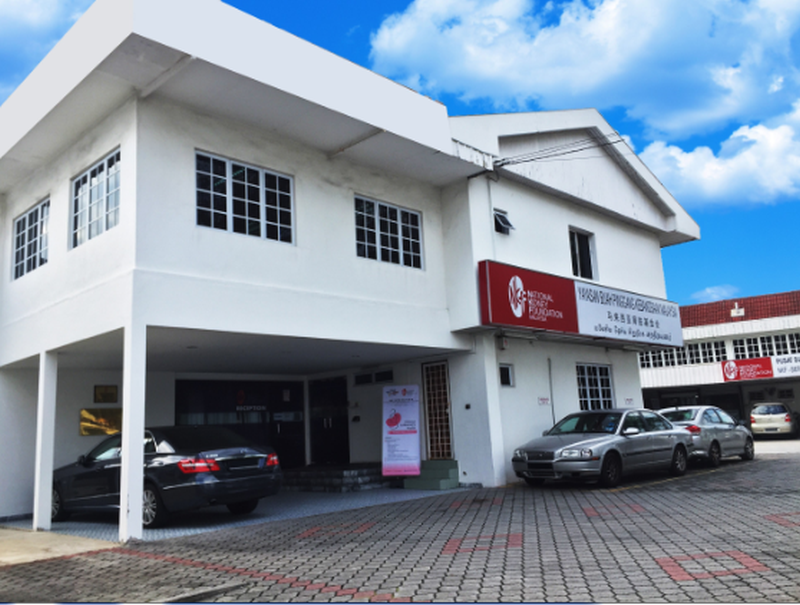National Kidney Foundation loses tax-exempt status after IRB audit
Milad Hassandarvish
Malay Mail13 September 2019

The National Kidney Foundation of Malaysia was established in 1969. — Picture courtesy of the National Kidney Foundation of MalaysiaMore
KUALA LUMPUR, Sept 13 — The National Kidney Foundation of Malaysia (NKF) has lost its tax-exempt status with immediate effect on August 29, following an audit carried out by the Inland Revenue Board (IRB) three months ago.
NKF chairman Datuk Dr Zaki Morad Mohamad Zaher said this was the first time the foundation was audited by the board in 50 years.
He said the IRB had in the audit found instances of non-compliance to Subsection 44(6) of the Income Tax Act.
Dr Zaki also confirmed that he had a meeting with the board recently to ask for more time before immediately withdrawing the status, but his appeal was dismissed.
“We were given two options to either make an appeal or re-apply for the tax-exempt status using the current new guidelines.
“The Foundation has responded to the audit queries, in which some of our explanations were accepted while a number of others were not,” he said.
Dr Zaki also admitted that because the foundation was not audited by IRB in the past, they were partially non-compliant with some of the rules attached to tax-exempt status.
However, he confirmed that the non-compliance areas are in terms of the procedural matters and the accounting structure which did not indicate clearly the specific use of donated funds, especially for dialysis operations.
He also clarified that the audit did not show any abuse or misuse of funds.
“Our external auditor, Deloitte Malaysia, similarly did not indicate any misuse of funds and all funds were used in pursuit of the objectives of the foundation,” he said.
The foundation is currently seeking a tax consultant for advice on the application to ensure compliance with the guidelines.
Moving forward, Dr Zaki said the foundation will be able to maintain operations as usual without the tax-exempt status for the next few months, but it will certainly affect them in the long run.
“Most of our big donors ask for tax-exempt receipts, therefore our income will be affected without the status in place.”
Speaking about their operating cost, Dr Zaki disclosed that the foundation spent about RM54 million last year, out of which RM42.6 million was paid for dialysis treatments of their current active patients.
He said the foundation solely relies on public donations, government grants, the Social Security Organisation (Socso) contributions and patients who pay for their treatments at NKF dialysis centres.
“Socso also contributes some funds to us to dialyse their patients, but we still have to subsidise it as their contribution for each patient is slightly lower than our cost,” said Dr Zaki.
In a bid to help more non-sponsored patients, the foundation also lowered its dialysis treatment fees by 10 per cent from RM100 to RM90 per treatment in April 2015.
Established in 1969, the foundation is dedicated to helping underprivileged kidney patients who lack access to or can’t afford dialysis treatment.
NKF currently has over 1,700 patients receiving subsidised dialysis treatment in 28 dialysis centres nationwide.













